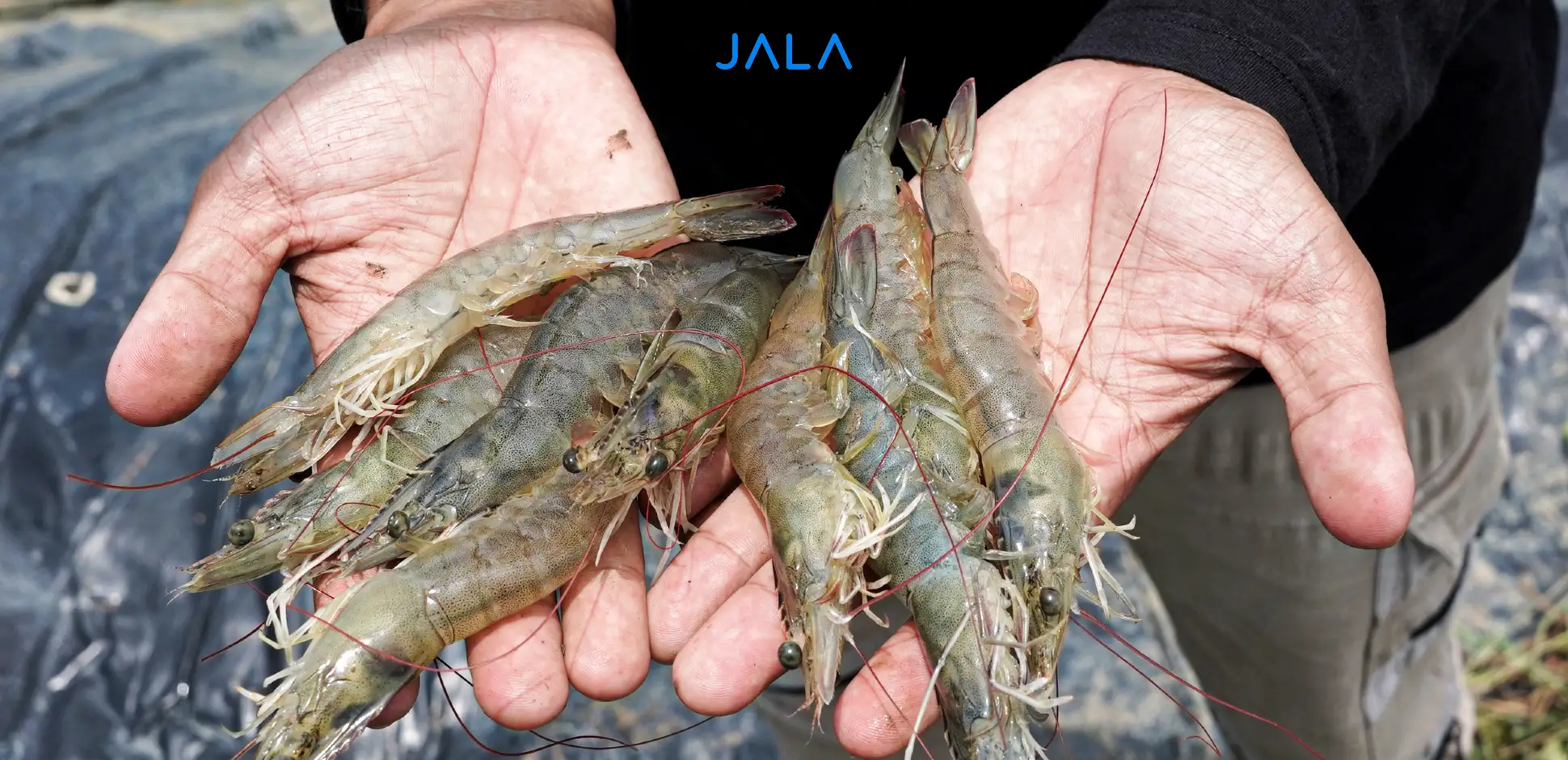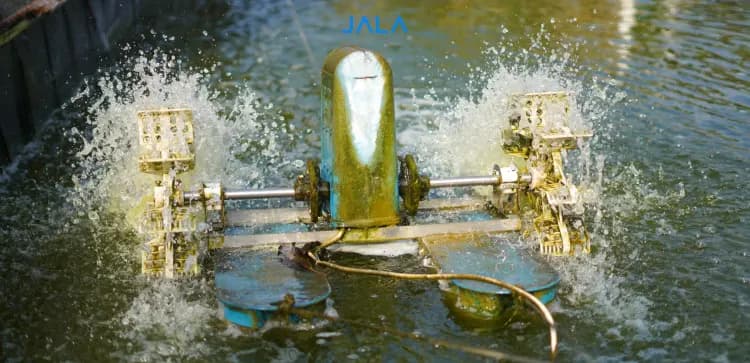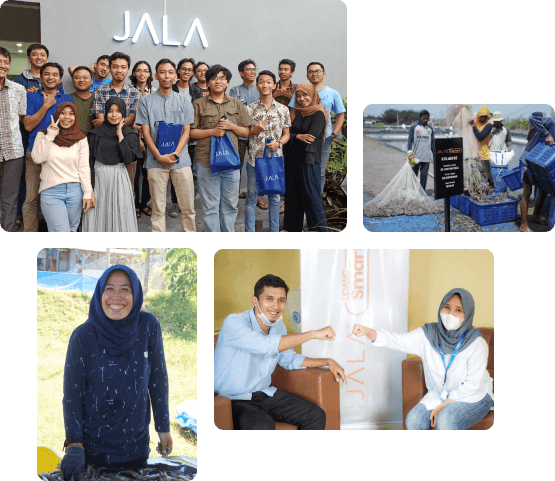
In the fisheries industry, shrimp suppliers often face challenges that hinder them to ensure the quality and smoothness of the supply chain until the shrimp reach consumers’ tables. One of the main issues is the purchase of harvested shrimp that do not fulfill quality standards. Let’s dive into this issue and how shrimp suppliers can tackle them!
Purchasing in Farms: Assessing Quality in the Midst of Murky Waters
Poor water quality, lack of nutrients, and diseases can lead to a decline in quality and productivity, which implicates both farmers and suppliers. To address these issues, shrimp suppliers and farmers need to establish close collaboration. By careful handling from harvest to delivery together, and ensuring sustainable farming practices, shrimp can reach consumers' plates in prime condition.
Suppliers who buy substandard shrimp harvests can face serious problems as it affects the overall business. When shrimp are sold at unloading locations, sales might not meet profit targets, causing losses.
Read more: Profit and Capital Analysis of Vannamei Shrimp Farms (2024)
If such issues are encountered, suppliers can take the following steps:
1. Communication with farmers
Suppliers need to communicate with farmers whom they source their shrimp from. Discuss issues that occur with the purchased shrimp, the reason behind them, and next steps that need to be taken to keep shrimp in good condition.
2. Checking prior to harvest
Conduct visual inspections and, if necessary, laboratory checks on shrimp to be purchased. Suppliers can invite experts from factories for consultations regarding the shrimp to be harvested.
3. Clear agreement contract
Suppliers need to make sure that they have a contract with farmers, which clearly states terms such as time, sampling, and quality standards that are expected. The consequences if the terms are not fulfilled should be elaborated as well.
4. Evaluation and updates
Monitor performance from pre-harvest to post-harvest, and conduct regular evaluations of processes and shrimp quality. Provide constructive feedback and update profiles of farms that have completed harvesting to identify potential partners for future cooperation.
Conclusion
In supplying shrimp, suppliers can face issues during purchasing at farms. To address these, suppliers need to build clear communication with farmers, relying on contracts to protect both parties from losses.
To ensure a smooth supply chain since shrimp are first harvested until they are sold in markets, JALA is #HeretoHelp with a fast, transparent, and professional harvesting service. Interested in harvesting shrimp with us? Visit the harvest with JALA page for more information!





